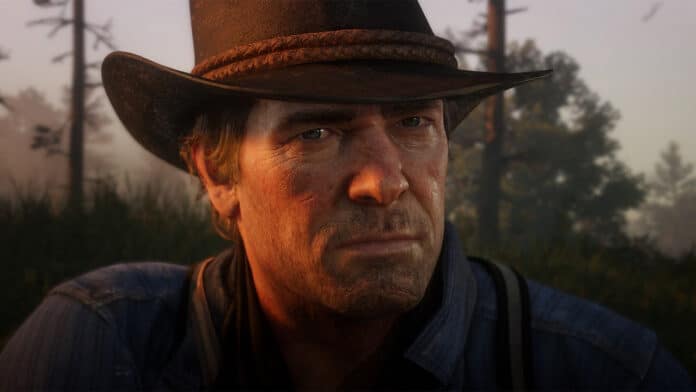Arthur Morgan, the protagonist of Red Dead Redemption 2 (RDR2), is a character of deep complexity. His development throughout the game is not just a narrative tool but a study in human psychology. This article explores the psychological dimensions of Arthur’s character, analyzing how his experiences, relationships, and choices reflect on human nature and behavior.
Arthur’s backstory and formative years
Arthur’s character is significantly shaped by his backstory and early life experiences in Red Dead Redemption 2. Orphaned at a young age and taken in by Dutch van der Linde, Arthur’s upbringing in the van der Linde gang forms the basis of his worldview.
His loyalty to Dutch and the gang stems from a deep-seated need for belonging and purpose, common in individuals who experience early loss.
This part of his life is pivotal in understanding his initial resistance to change and deep-rooted principles, which play a critical role in his later life decisions.
Moral ambiguity and internal conflict
A central theme in Arthur’s development is his moral ambiguity and internal conflict. Throughout Red Dead Redemption 2, Arthur is often torn between loyalty to his gang and his sense of right and wrong.
This internal struggle is indicative of cognitive dissonance, a psychological phenomenon where an individual experiences discomfort due to conflicting beliefs or values.
Arthur’s journey is a representation of this internal battle, as he grapples with the consequences of his actions and their alignment with his evolving moral compass.
The influence of key relationships
Arthur’s interactions with other characters in Red Dead Redemption 2 significantly impact his psychological development.
Relationships with characters like Dutch, John Marston, and Sadie Adler provide varying perspectives and moral standpoints, influencing Arthur’s thinking and behavior.
These relationships showcase the human need for connection and how interpersonal dynamics can lead to self-reflection and growth. Arthur’s bond with these characters reveals his capacity for empathy, loyalty, and, ultimately, change.
Also Read: Red Dead Redemption 2: The evolution of open-world gaming
Redemption and self-realization
A critical aspect of Arthur’s character development is his journey toward redemption and self-realization in Red Dead Redemption 2. As the narrative progresses, Arthur begins to question the gang’s ideology and his role within it.
This self-realization process is a psychological turning point, where he starts to prioritize personal morals over blind loyalty.
His attempts to rectify his past wrongdoings and protect those he cares about highlight a significant psychological shift from self-preservation to selflessness.
Arthur Morgan’s legacy
Arthur Morgan’s character leaves a lasting impact not only on the world of RDR2 but also on the players.
His psychological journey from an outlaw with a rigid mindset to a man with a nuanced understanding of right and wrong offers insights into human behavior and the capacity for change.
Arthur’s development challenges players to reflect on their own moral beliefs and the complexities of the human psyche.

